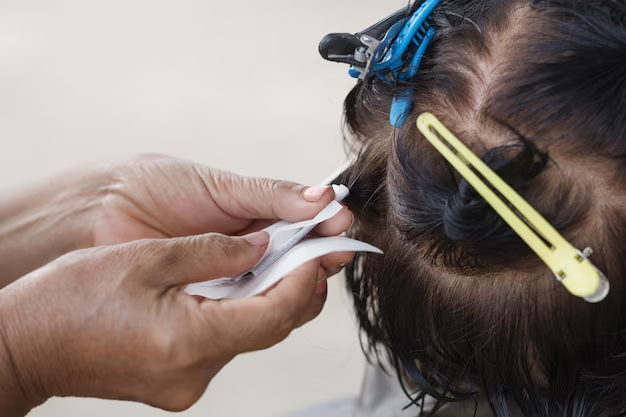Becoming a Trichologist: Essential Education and Training
Aspiring to become a trichologist opens the door to a specialized career focused on hair and scalp health, combining elements of science, beauty, and medical knowledge. While there is no universal requirement for a specific medical degree, undertaking formal education can be instrumental in providing a solid foundation. Many prospective trichologists start by earning a degree in a related field such as biology, cosmetology, or dermatology. These subjects provide a comprehensive understanding of human anatomy and physiology, pertinent to diagnosing and treating hair and scalp conditions.
In addition to foundational education, obtaining specialized certifications can significantly bolster one's credentials. Numerous trichology training programs are recognized worldwide, offering certifications that can be completed in 6 months to a year depending on the study mode chosen. These programs cover a range of topics from advanced hair sciences to patient management, thus equipping practitioners to address diverse hair-related issues confidently. Furthermore, ongoing education and membership in professional bodies such as the International Association of Trichologists can enhance expertise and credibility. For those passionate about advancing in this career, the investment in robust education and training is not just beneficial but essential.
Essential Qualifications and Certifications for Aspiring Trichologists:
-
🎓 University Degrees:
- Biology
- Cosmetology
- Dermatology
-
📜 Specialized Certifications:
- Certified Trichologist Programs (6 months to 1 year)
- Advanced Hair Science Courses
-
🏆 Professional Development:
- Membership in organizations like the International Association of Trichologists
- Continuous professional education and workshops
By exploring these educational avenues, future trichologists not only gain crucial knowledge but also elevate their professional standing in this unique and rewarding field.
